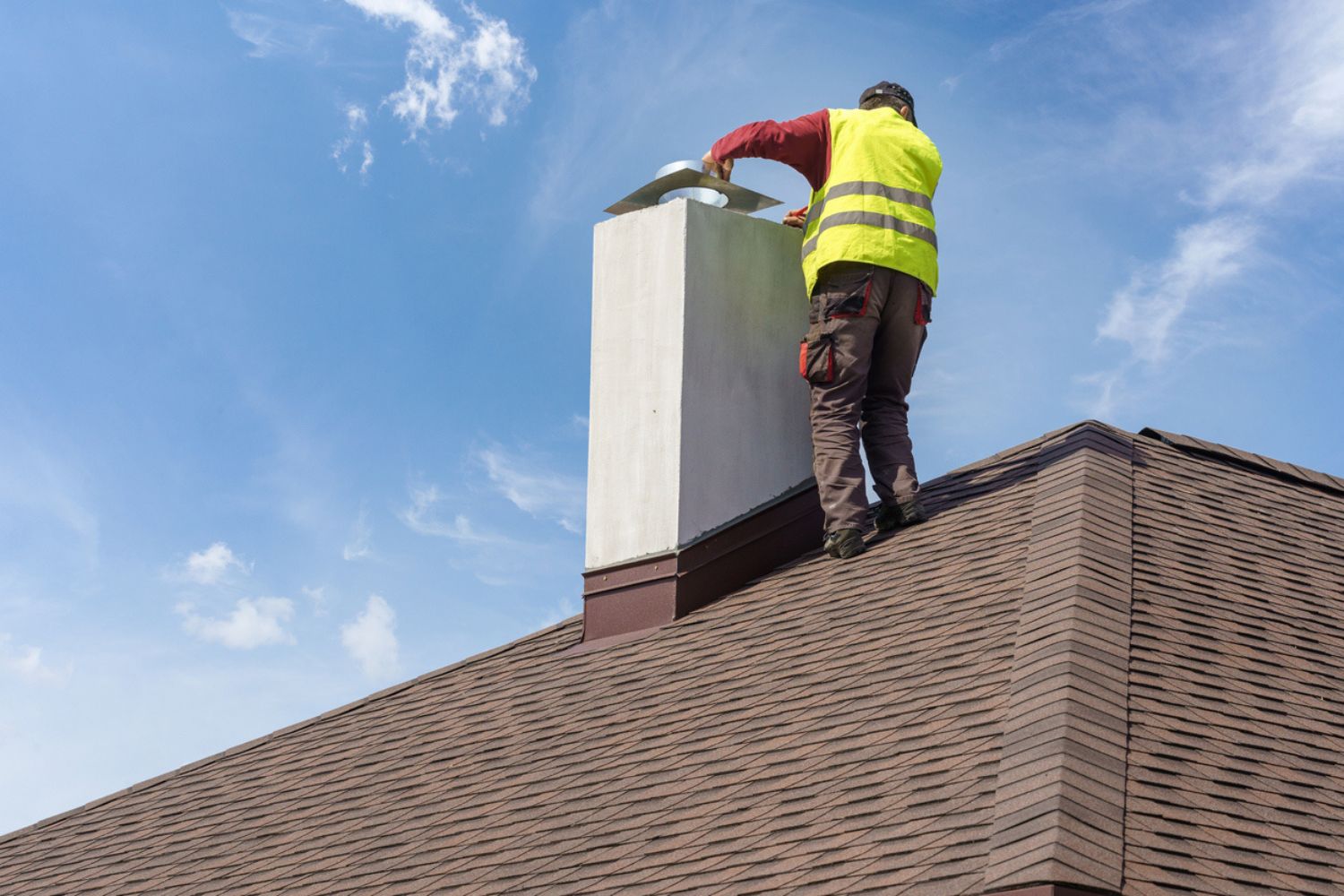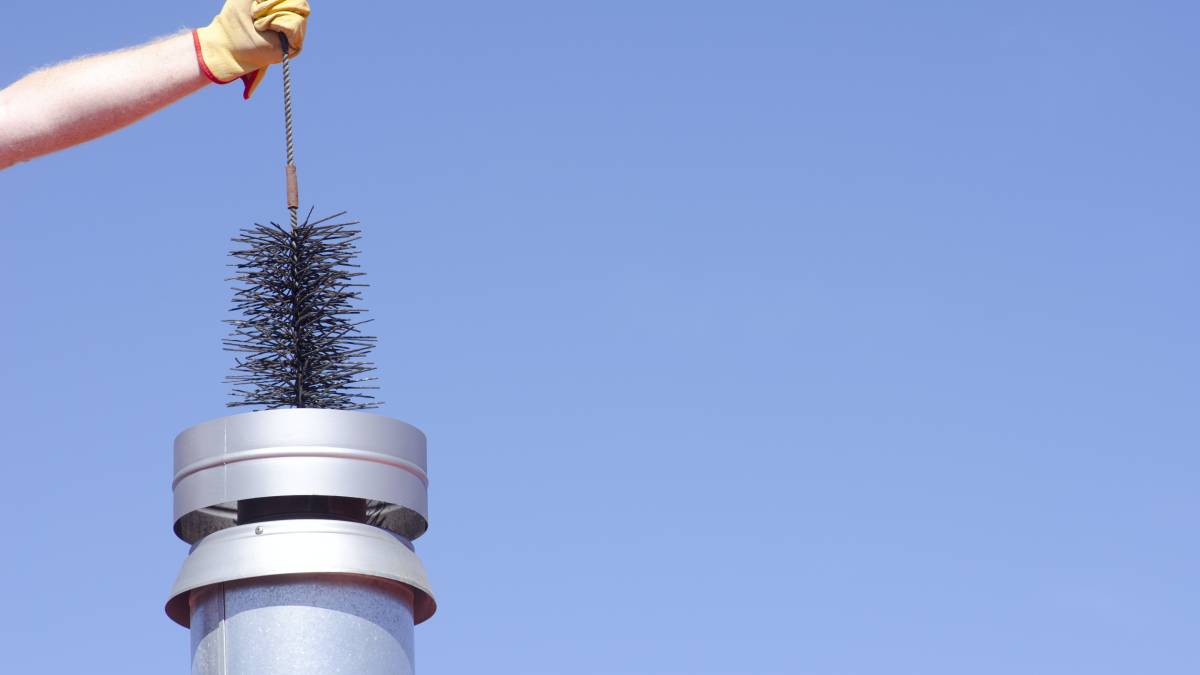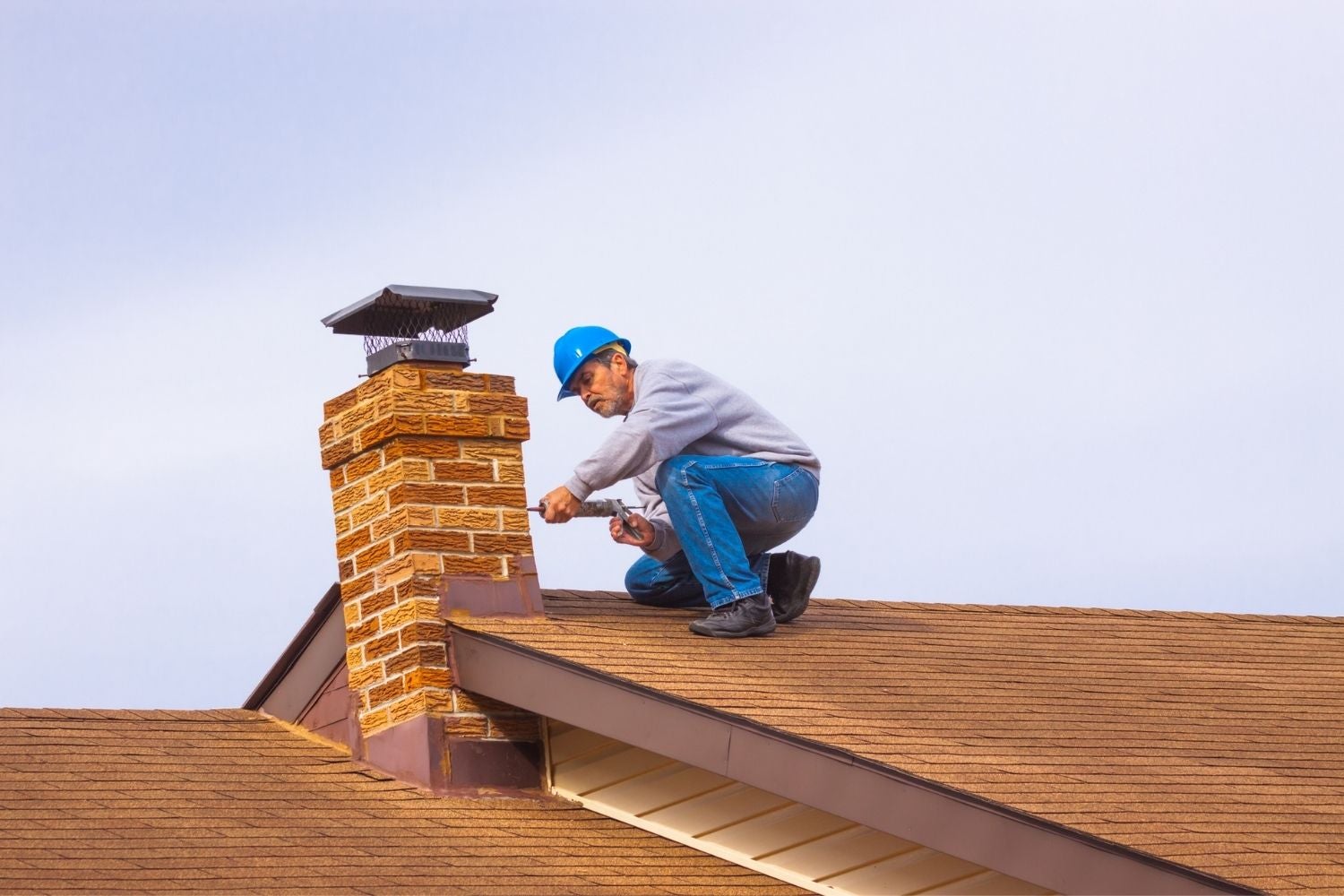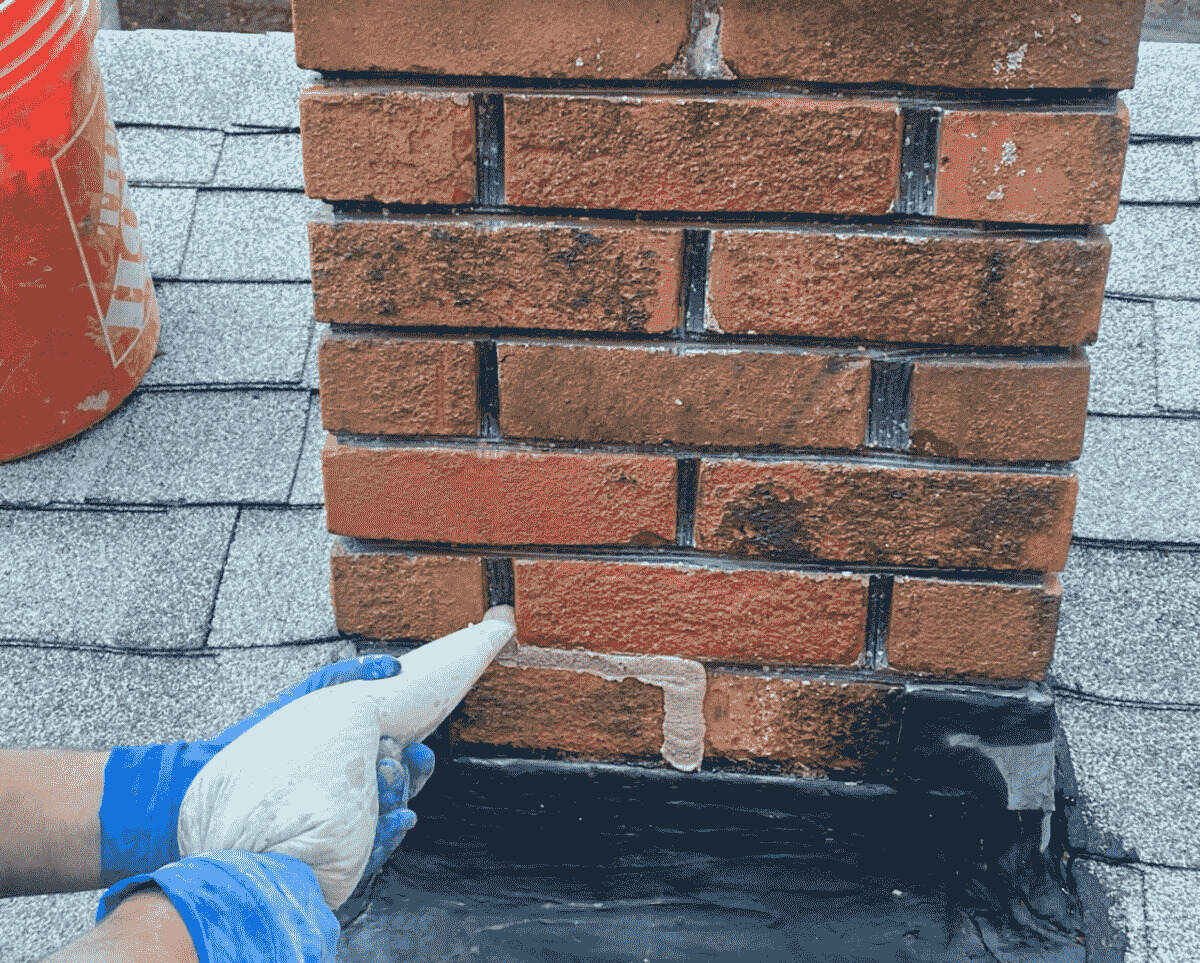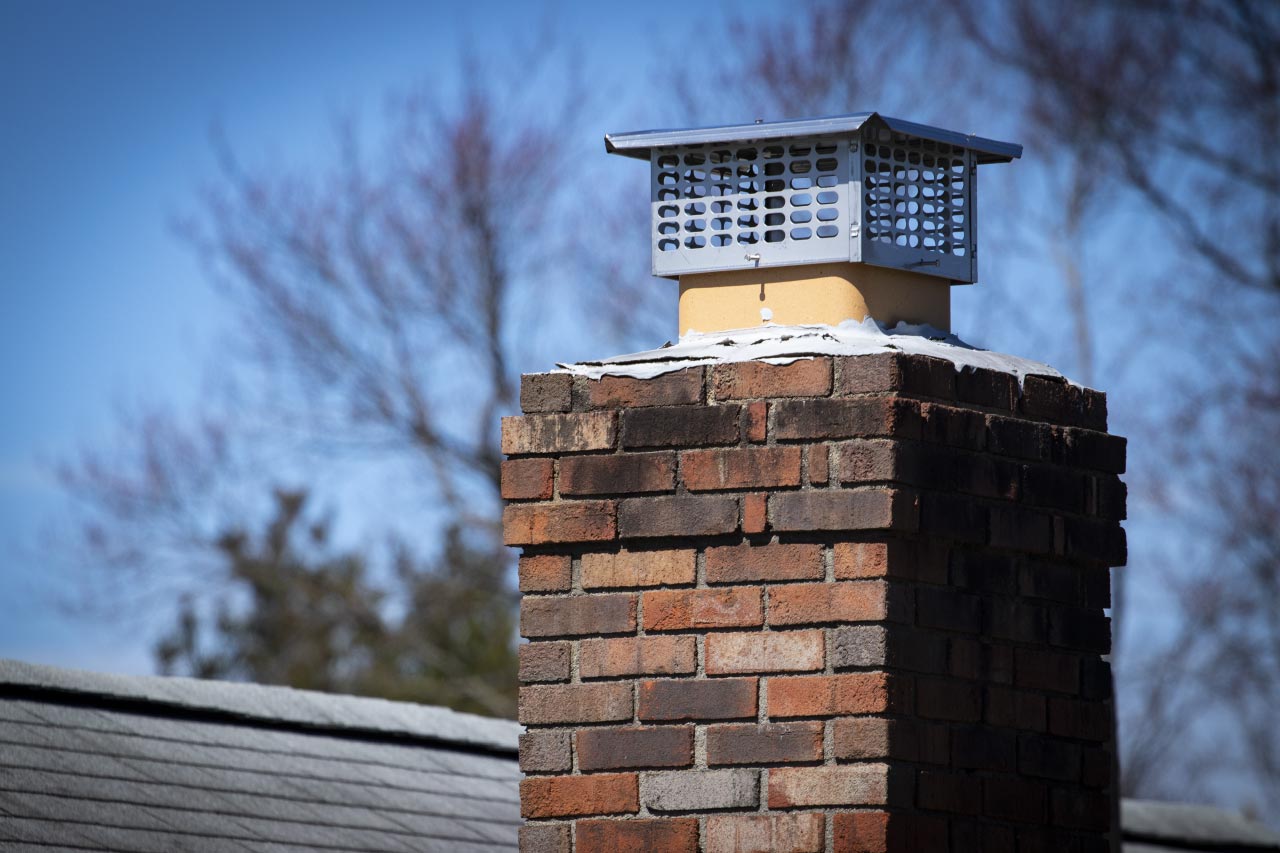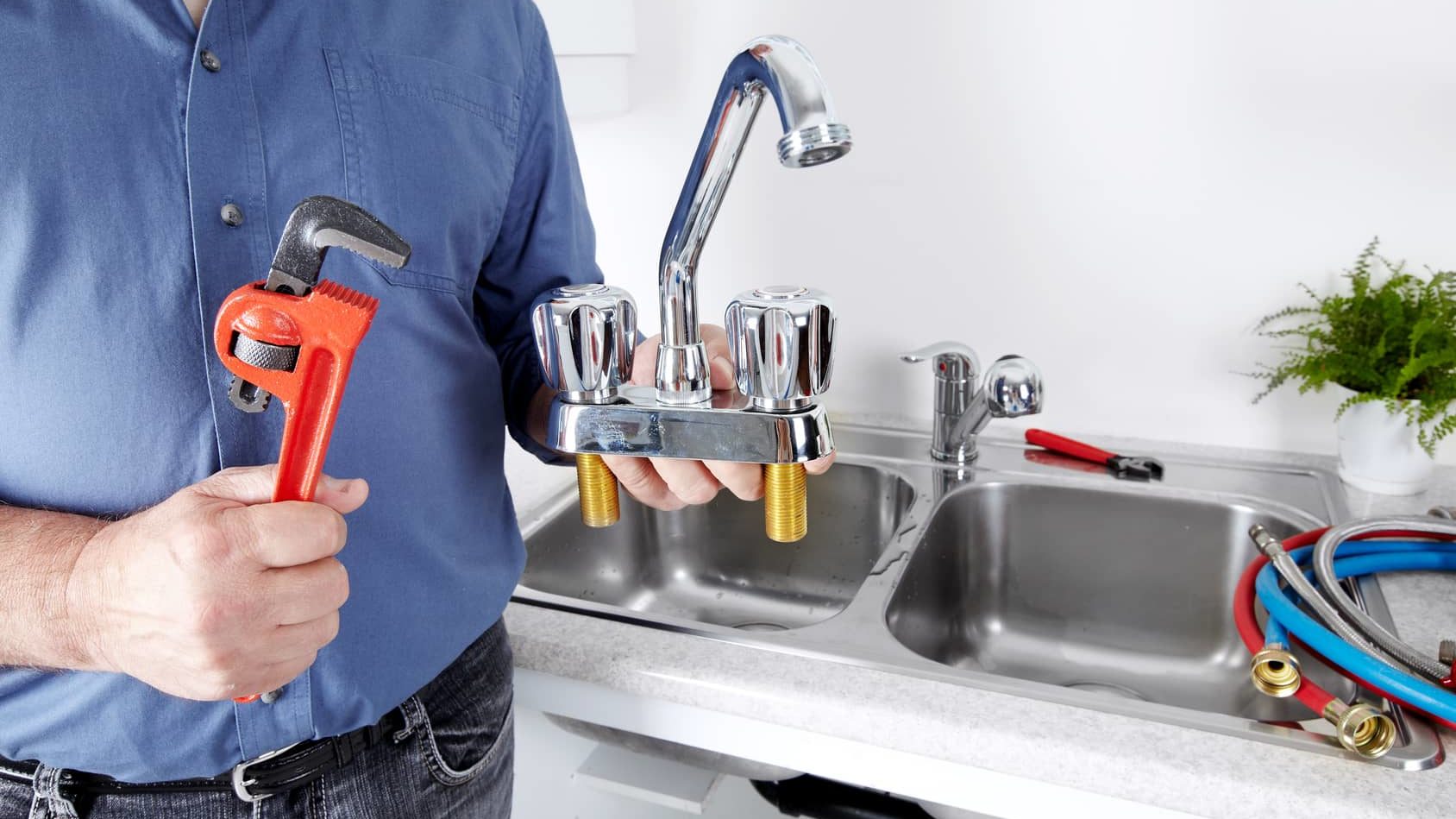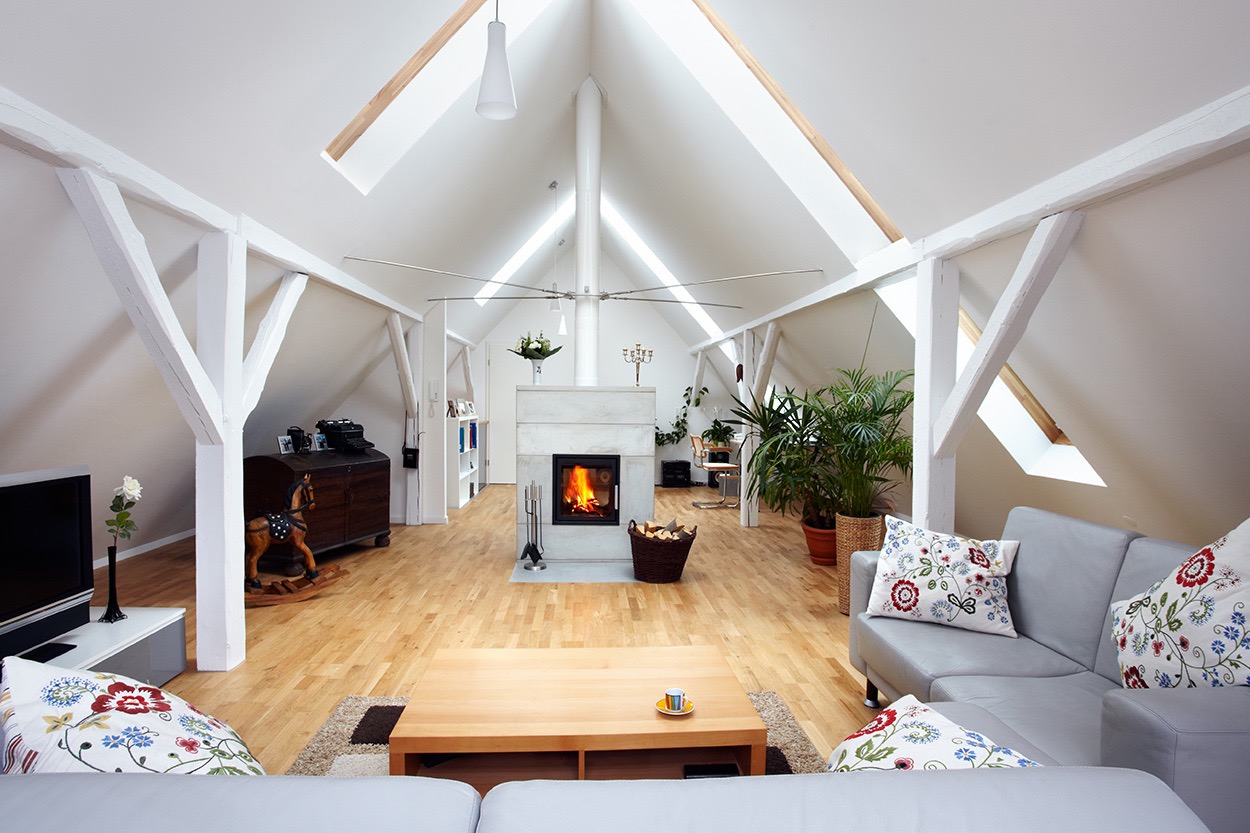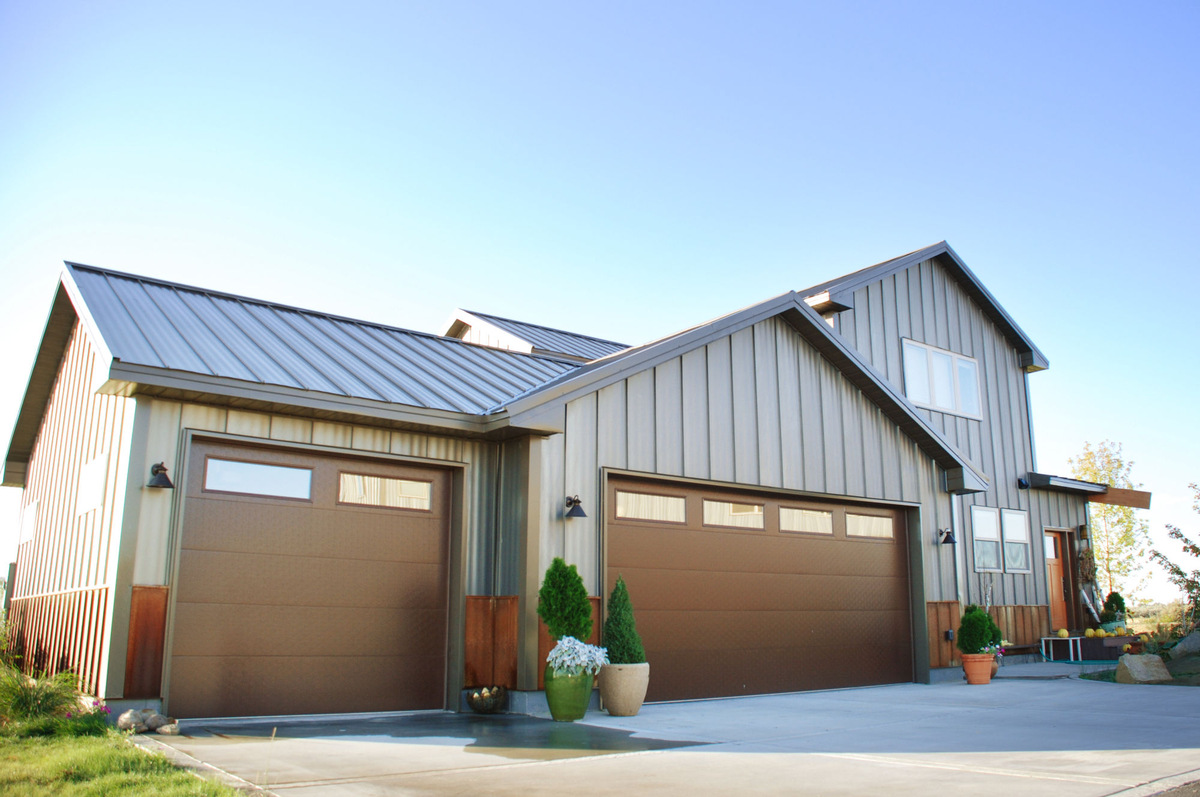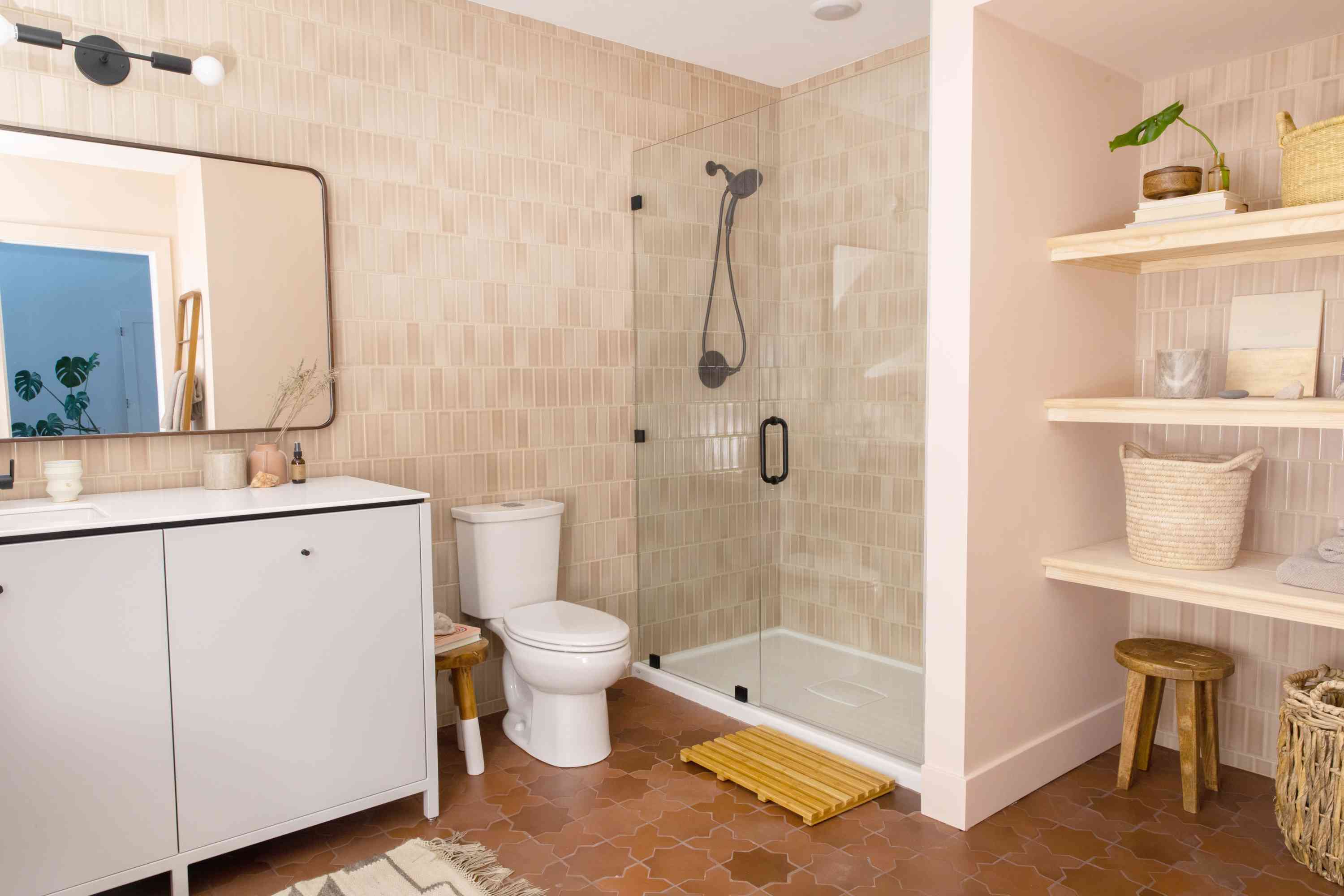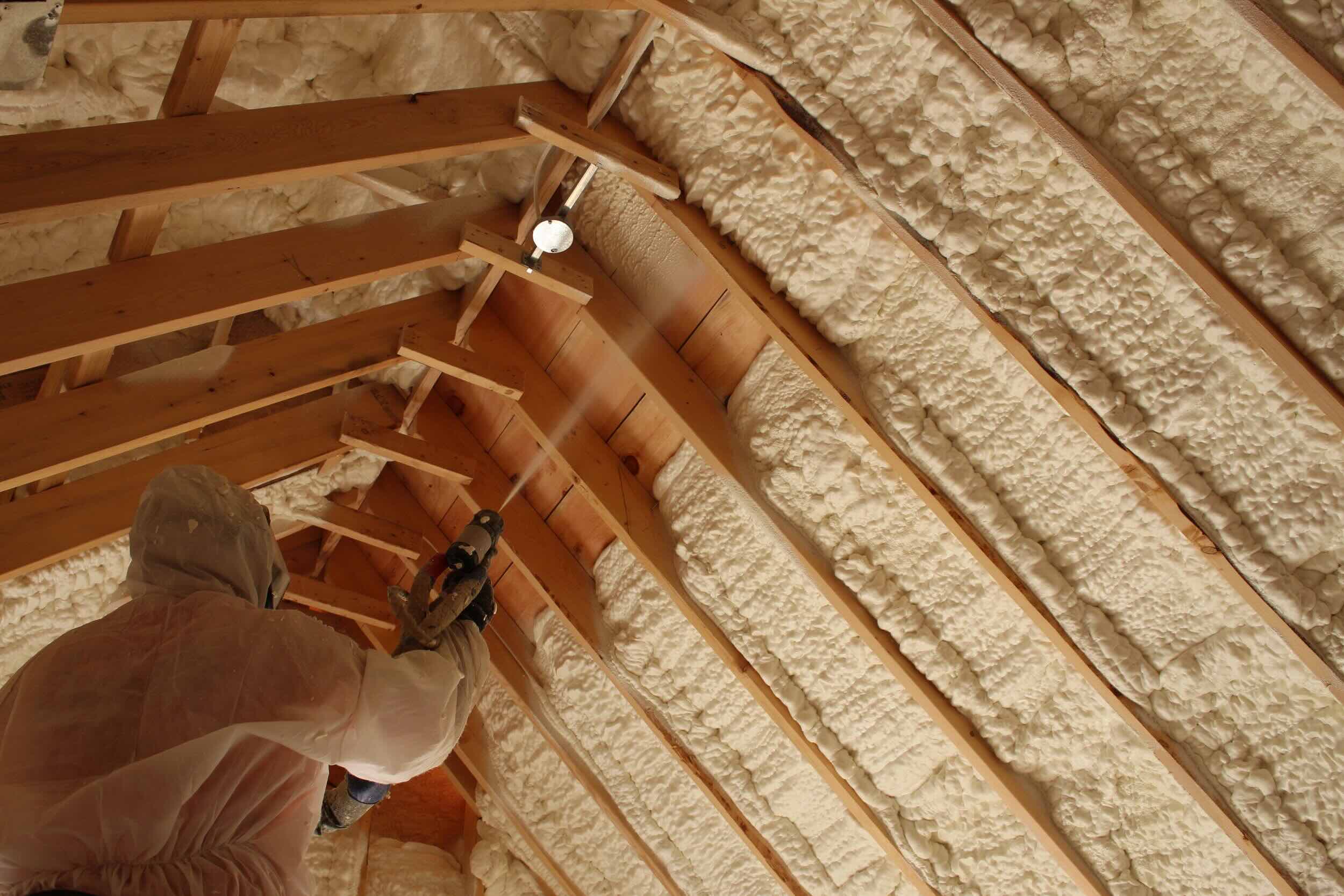Home>Home Maintenance>How Much Does Slab Leak Repair Cost
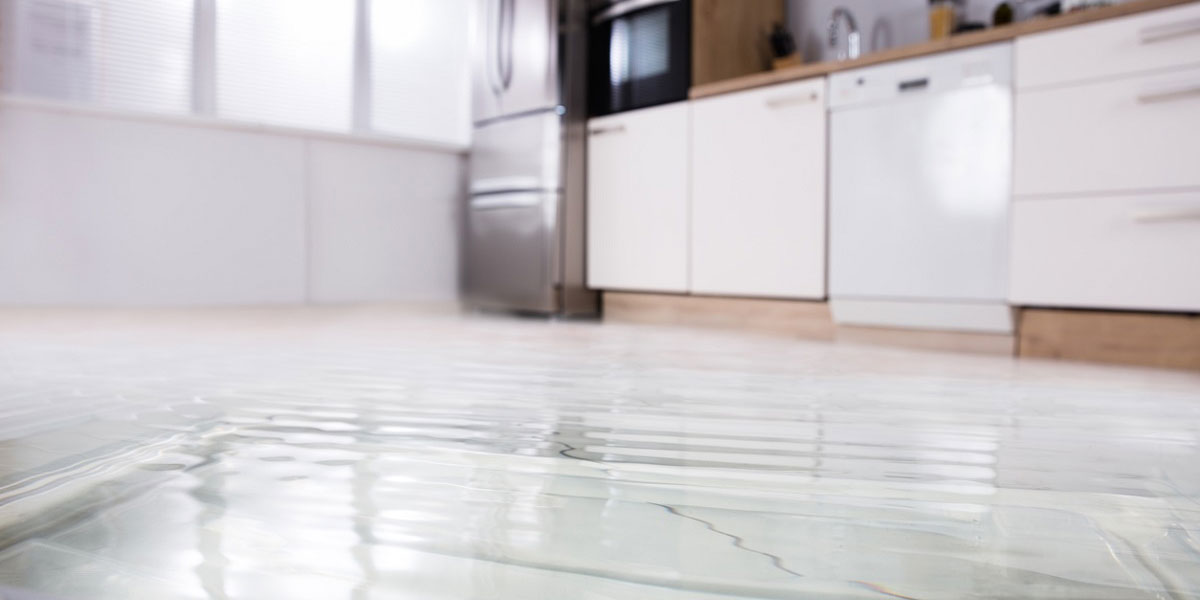

Home Maintenance
How Much Does Slab Leak Repair Cost
Modified: March 6, 2024
Find out the average cost of slab leak repair for your home maintenance needs. Don't overspend on repairs - get the best prices and service.
(Many of the links in this article redirect to a specific reviewed product. Your purchase of these products through affiliate links helps to generate commission for Storables.com, at no extra cost. Learn more)
Introduction
Welcome to the ultimate guide on slab leak repair costs. If you’re a homeowner, you know that maintenance and repairs are a regular part of owning a property. One issue that can arise over time is a slab leak. It’s a problem that can cause significant damage to your home if not addressed promptly. So, how much does slab leak repair cost?
Slab leaks occur when there is a leak in the water pipes below the concrete foundation of your house. These leaks can lead to water damage, mold growth, and even structural issues if left untreated. It’s crucial to understand the causes, signs, and importance of repairing slab leaks. Additionally, we’ll explore the factors that influence the cost of the repair and compare DIY options to hiring a professional.
Whether you’re dealing with a current slab leak or want to stay informed for future reference, this guide will provide you with valuable insights. By the end, you’ll be equipped with the knowledge needed to make informed decisions regarding your slab leak repairs.
Key Takeaways:
- Slab leaks can cost homeowners between $500 and $4,000 to repair, with the average cost around $2,000. It’s crucial to address slab leaks promptly to prevent further damage and maintain a healthy home environment.
- While DIY repairs may work for minor leaks, it’s best to hire a professional for larger or complex slab leaks. Professionals offer expertise, warranties, and peace of mind, ensuring a long-lasting solution for homeowners.
Read more: How Much Does Oil Leak Repair Cost
What is a slab leak?
A slab leak is a term used to describe a leak in the water pipes that are located beneath the concrete foundation of a home or building. These leaks can occur in both residential and commercial properties and can lead to a range of problems if not addressed promptly.
The pipes that run under the foundation are responsible for delivering water to different areas of the house, such as bathrooms, kitchens, and laundry rooms. Over time, these pipes can deteriorate due to a variety of factors, including age, water pressure, and shifting of the foundation. When a pipe develops a leak, it can cause water to seep into the surrounding soil or pool beneath the foundation, resulting in what is known as a slab leak.
Slab leaks can occur in both hot and cold water pipes, and they can be slow-dripping leaks or more severe ruptures. In some cases, slab leaks are easily detectable, while in others, they may go unnoticed for an extended period. Regardless of the size or severity of the leak, it is essential to address it as soon as possible to prevent further damage to your home.
Now that we understand what a slab leak is, let’s take a closer look at some of the common causes of these leaks.
Causes of slab leaks
Several factors can contribute to the development of slab leaks. Understanding these causes can help homeowners take preventive measures and identify issues in their early stages. Here are some common causes of slab leaks:
- Corrosion: Over time, pipes can corrode due to high mineral content in the water, harsh chemicals, or the presence of soil chemicals. Corrosion weakens the pipes, making them more prone to leaks.
- Shifting foundation: The natural movement of the soil beneath a home’s foundation can cause pipes to move and develop cracks or leaks. This movement may be triggered by changes in soil moisture levels or seismic activity.
- High water pressure: Excessively high water pressure can increase stress on pipes, leading to leaks. If your water pressure is consistently above the recommended range of 40-80 psi, it’s essential to use a pressure regulator to avoid unnecessary strain on your plumbing system.
- Poor installation: If pipes are not properly installed during construction or renovation, they may experience premature wear and develop leaks. Issues such as loose connections, incorrect pipe sizing, or inadequate support can contribute to the development of slab leaks.
- Abrasion: In some cases, pipes may rub against other materials, such as rocks or metal, causing abrasion and eventual leaks. This can happen when pipes are not adequately protected with insulation or when there is excessive movement within the plumbing system.
It’s important to note that these causes are not mutually exclusive, and multiple factors can contribute to the development of a slab leak. Identifying the cause of the leak can help professionals determine the most appropriate repair method and prevent future occurrences.
Now that we know what causes slab leaks, let’s delve into the signs that may indicate the presence of a slab leak in your home.
Signs of a slab leak
Detecting a slab leak early is crucial to minimize damage and avoid costly repairs. Here are some common signs that may indicate the presence of a slab leak:
- Unexplained water puddles: If you notice water pooling in areas where there shouldn’t be any, such as on your floors or near the foundation, it could be a sign of a slab leak. Pay attention to consistently damp or wet spots.
- Inexplicably high water bills: A sudden increase in your water bill, even if your usage habits haven’t changed, may indicate a hidden water leak, potentially a slab leak.
- Warm spots on the floor: If you walk barefoot and notice warm spots on your floor, it could be a sign that there is a hot water slab leak. This is especially common if your hot water pipes are affected.
- Low water pressure: Slab leaks can disrupt the normal flow of water in your plumbing system, leading to decreased water pressure in faucets, showers, or other fixtures throughout your home.
- Cracks in walls or flooring: As water from a slab leak seeps into the surrounding areas, it can cause the foundation to shift, resulting in cracks in walls, flooring, or even the foundation itself.
- Mold or mildew growth: Excess moisture from a slab leak can create a damp environment conducive to mold and mildew growth. If you notice a musty smell or see signs of mold or mildew, it may be a sign of an underlying slab leak.
- Hot spots on the floor: Similar to warm spots, hot spots on the floor may indicate a hot water slab leak, where the hot water pipe is leaking beneath the surface.
If you notice any of these signs or have any suspicions of a slab leak, it’s essential to take immediate action. Ignoring a slab leak can lead to further damage to your home and potentially compromise its structural integrity. Next, let’s explore the importance of repairing slab leaks without delay.
Importance of repairing slab leaks
Addressing slab leaks promptly is crucial for several reasons. Let’s explore the importance of repairing slab leaks without delay:
- Prevent further damage: Slab leaks can lead to significant damage to your home, including water damage to the foundation, walls, and flooring. By repairing slab leaks as soon as they’re detected, you can prevent further deterioration and minimize the risk of costly repairs down the line.
- Maintain structural integrity: If left untreated, the constant presence of water from a slab leak can weaken your home’s foundation, leading to potential structural issues. Repairing the leak will help maintain the stability of your home and protect it from more severe damage.
- Prevent mold and mildew: Moisture from a slab leak creates an ideal environment for mold and mildew growth. These allergens can pose serious health risks for you and your family. By addressing the leak promptly, you can mitigate the risk of mold and ensure a healthier living environment.
- Save on water bills: Slab leaks can result in significant water wastage, leading to higher water bills. By repairing the leak, you prevent unnecessary water loss and ultimately save money in the long run.
- Preserve property value: Timely repairs to slab leaks help maintain and preserve the value of your property. If you’re planning to sell your home in the future, potential buyers will appreciate knowing there are no hidden issues like slab leaks.
- Peace of mind: Dealing with a slab leak can be stressful. By addressing the issue promptly, you can have peace of mind knowing that your home is safe, free from water damage, and protected against potential structural problems.
Now that we understand the importance of repairing slab leaks, it’s important to consider the factors that can influence the cost of slab leak repair. This will help you better understand the potential expenses involved in addressing this issue.
Read more: How Much Does Gas Leak Repair Cost
Factors influencing the cost of slab leak repair
The cost of slab leak repair can vary depending on several factors. Understanding these factors can help you determine the potential expenses involved. Here are some key factors that influence the cost of slab leak repair:
- Location of the leak: The location of the slab leak plays a significant role in determining the repair cost. If the leak is located in an easily accessible area, such as near a crawl space, the repair process may be less expensive. However, if the leak is situated in a hard-to-reach area, such as under a concrete patio or inside a wall, the repair may require more extensive work and can be more costly.
- Size and severity of the leak: The size and severity of the slab leak will also impact the cost of repair. A small, slow-dripping leak may be easier and less expensive to fix compared to a larger leak that requires more extensive repairs and replacement of pipes.
- Type of pipes: The type of pipes in your plumbing system can also affect the cost of repair. Older homes may have outdated pipes, such as galvanized steel or copper, which can be more expensive to repair or replace compared to modern PEX or PVC pipes.
- Access to the plumbing system: The accessibility of your plumbing system can determine the complexity and cost of the repair. If the plumber has easy access to the pipes, the repair process may be more straightforward and less expensive. However, if the pipes are hidden behind walls or located in hard-to-reach areas, additional work may be required, increasing the overall cost.
- Extent of damage: If the slab leak has caused significant damage to your home, such as structural issues or mold growth, the repair cost will likely be higher. In these cases, additional repairs, such as fixing foundation problems or removing mold, may be necessary, adding to the total expense.
- Location and local labor costs: The cost of slab leak repair can also vary depending on your location and local labor costs. Areas with higher labor costs or contractors with specialized expertise may charge more for their services.
It’s important to have a professional assess your specific situation to provide an accurate estimate for slab leak repair. Now that we have an understanding of the factors influencing the cost, let’s explore the average cost of slab leak repair.
Average cost of slab leak repair
The cost of slab leak repair can vary depending on several factors, as discussed earlier. On average, the cost of repairing a slab leak ranges from $500 to $4,000, with most homeowners spending around $2,000.
Minor leaks or leaks that are easily accessible can be less expensive to repair, with costs averaging around $500 to $1,000. These repairs may involve simple fixes, such as sealing the leak or replacing a small section of pipe.
However, more extensive slab leaks that require digging into the foundation or cutting through walls can be more costly. In these cases, the total cost can range from $2,000 to $4,000 or more, depending on the severity of the leak and the extent of the repairs needed. Additional expenses may include repairing the foundation, replacing damaged flooring, or addressing mold issues.
It’s important to note that the average cost mentioned here is just a rough estimate and can vary significantly depending on the factors discussed earlier. The best way to determine the exact cost for your specific situation is to consult with a licensed plumber who can assess the extent of the leak and provide you with a detailed estimate.
Next, let’s explore the options of DIY slab leak repair versus hiring a professional.
DIY slab leak repair vs professional services
When faced with a slab leak, homeowners may wonder if they can tackle the repair themselves or if it’s better to enlist the help of professional plumbing services. Let’s consider the pros and cons of both options:
DIY Slab Leak Repair
Some homeowners with plumbing experience may be tempted to attempt a DIY slab leak repair to save money. While this can be a viable option for minor leaks, it’s important to consider the following factors:
- Difficulty: Slab leak repairs can be complex, especially if they require cutting into the foundation or accessing pipes hidden behind walls. DIY repairs may be challenging if you don’t have the necessary skills, tools, or knowledge.
- Risk of further damage: Without proper expertise, DIY repairs can potentially lead to further damage to your home. Mistakes in identifying the source of the leak, improper pipe connections, or inadequate sealing can exacerbate the problem and increase the repair costs.
- Limited warranty: DIY repairs are unlikely to come with a warranty, which means you assume the risk and responsibility if the repair fails or causes further damage in the future.
- Safety concerns: Working with plumbing systems carries inherent risks such as exposure to harmful substances, electrical hazards, or accidental damage to the structural integrity of your home. Professionals are trained to handle these risks safely.
Considering these factors, DIY slab leak repair is typically best suited for minor leaks that are easily accessible and within your skill set. However, for larger or more complex slab leaks, it’s generally recommended to seek professional services.
Read more: How Much Does It Cost To Fix A Plumbing Leak
Professional Slab Leak Repair
Hiring a licensed and experienced plumber for slab leak repair offers several advantages:
- Expertise and knowledge: Professionals have the expertise and knowledge to accurately diagnose slab leaks, identify the best repair methods, and ensure a durable and long-lasting solution.
- Efficiency and speed: Professionals have the necessary tools, equipment, and experience to efficiently repair slab leaks, minimizing disruptions to your daily routine and restoring normalcy to your home in a timely manner.
- Insurance coverage: Reputable plumbing companies carry insurance that covers any damages or accidents that may occur during the repair process, providing you with peace of mind.
- Warranty: Professional services often come with warranties that protect you from future issues related to the repair, providing you with added assurance and protection.
Ultimately, hiring a professional for slab leak repair is recommended for most homeowners. While the upfront cost may be higher, it offers long-term benefits in terms of quality, durability, and peace of mind.
Now that we’ve explored the options of DIY repair versus professional services, it’s important to understand how to choose the right professional for your slab leak repair needs.
Hiring a slab leak repair professional
When it comes to hiring a professional for your slab leak repair, it’s important to choose a reputable and experienced plumber. Here are some key factors to consider when making your decision:
1. Licensing and insurance:
Ensure that the professional you hire is licensed, bonded, and insured. A valid license demonstrates that they have the necessary expertise and training to handle slab leak repairs. Insurance coverage protects you in the event of any accidents or damages that may occur during the repair process.
2. Experience and expertise:
Look for a plumber with significant experience in tackling slab leaks. Ask about their track record of successful repairs and any specialized training they may have in dealing with slab leaks specifically. An experienced professional will have the necessary skills and knowledge to diagnose the problem accurately and implement effective solutions.
Read more: How Much Does It Cost To Fix A Roof Leak
3. Reputation and reviews:
Research the reputation of the plumbing company or professional you are considering. Look for reviews and testimonials from previous customers to gauge their level of satisfaction. Online review platforms and local community forums can provide valuable insights into the quality of their work and customer service.
4. Pricing and estimates:
Obtain detailed estimates from multiple professionals to compare their pricing and services. Be cautious of unusually low prices that may indicate substandard quality of work or hidden costs. A reputable professional will provide a transparent breakdown of costs and be willing to answer any questions or concerns you may have about the estimate.
5. Guarantees and warranties:
Inquire about any guarantees or warranties offered by the professional or plumbing company. A reliable warranty ensures that you are protected in the event of any issues with the repair work after completion. Ask for the warranty terms in writing and clarify any limitations or exclusions.
6. Communication and professionalism:
Choose a professional who communicates clearly and professionally. They should be attentive to your concerns, responsive to your inquiries, and provide regular updates throughout the repair process. Good communication is essential for a smooth and satisfactory experience.
Read more: How Much Does It Cost To Replace A Chimney
7. Recommendations and referrals:
Seek recommendations from friends, family, or neighbors who may have had similar experiences with slab leak repairs. Trusted referrals can provide valuable insights and help you find a reliable and trustworthy professional.
By considering these factors and conducting thorough research, you can hire a qualified professional who will efficiently handle your slab leak repair, ensuring peace of mind and minimizing further damage to your home.
Now that you have a comprehensive understanding of hiring a professional, let’s wrap up this guide.
Conclusion
Slab leaks can be a significant concern for homeowners, potentially leading to water damage, mold growth, and structural issues. Understanding the causes of slab leaks, recognizing the signs, and addressing them promptly is essential to protect your home and prevent further damage.
The cost of slab leak repair can vary depending on factors such as the location of the leak, size and severity of the leak, type of pipes, accessibility, extent of damage, and local labor costs. On average, homeowners can expect to spend between $500 and $4,000 for slab leak repair, with the average cost falling around $2,000.
While DIY repairs may be suitable for minor and easily accessible leaks, larger or more complex slab leaks are best left to the expertise of professional plumbers. Professionals have the necessary knowledge, tools, and experience to accurately diagnose the problem, implement effective repairs, and provide warranties, ensuring a long-lasting solution and peace of mind for homeowners.
When hiring a professional for slab leak repair, consider factors such as licensing and insurance, experience and expertise, reputation and reviews, pricing and estimates, guarantees and warranties, communication, and referrals. Research and customer testimonials can help you make an informed decision and choose a reliable and trusted professional.
By addressing slab leaks promptly, you can mitigate the risks of further damage, preserve the structural integrity of your home, and maintain a healthy living environment. Remember, the key to successful slab leak repair is early detection, swift action, and the assistance of a qualified professional.
We hope this comprehensive guide has provided you with valuable insights into slab leak repair costs, options, and considerations. Now, armed with this knowledge, you can confidently navigate the world of slab leak repairs and keep your home safe and well-maintained.
Frequently Asked Questions about How Much Does Slab Leak Repair Cost
Was this page helpful?
At Storables.com, we guarantee accurate and reliable information. Our content, validated by Expert Board Contributors, is crafted following stringent Editorial Policies. We're committed to providing you with well-researched, expert-backed insights for all your informational needs.
